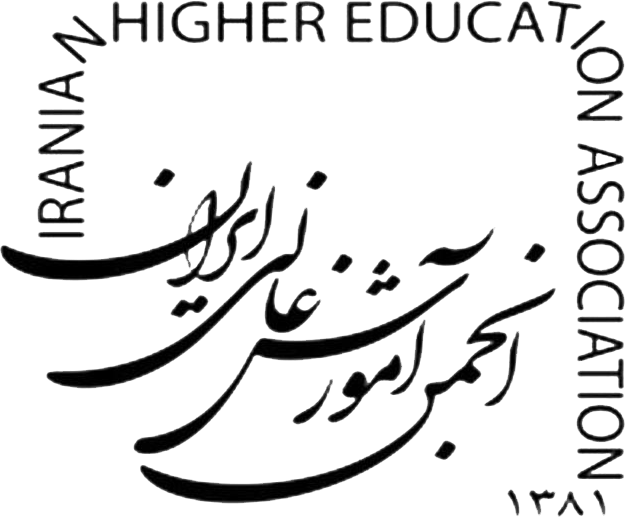Volume 12, Issue 3 (2020)
ihej 2020, 12(3): 80-114 |
Back to browse issues page
Download citation:
BibTeX | RIS | EndNote | Medlars | ProCite | Reference Manager | RefWorks
Send citation to:



BibTeX | RIS | EndNote | Medlars | ProCite | Reference Manager | RefWorks
Send citation to:
Mahdi R, keykha A, Barani S. Narrative analysis on the history and functions of technology institutes in Iran. ihej 2020; 12 (3) :80-114
URL: http://ihej.ir/article-1-1752-en.html
URL: http://ihej.ir/article-1-1752-en.html
1- Institute of Cultural and Social Studies , mahdi002@gmail.com
2- Tehran University
3- Technical and Vocational University
2- Tehran University
3- Technical and Vocational University
Abstract: (5583 Views)
The purpose of this study is a narrative analysis on the history and functions of technology institutes as the first roots of the formation of modern technical and vocational higher education in Iran, using a narrative qualitative review method. All research studies, documents and sites in the field of history and functions of former institutes of technology and modern technical and vocational colleges have been searched with specialized keywords without time limit. The findings support and guide at least four eras, including pre-Islamic, post-Islamic, Pahlavi and post-Islamic eras. In the pre-Islamic era, the Sassanids, Achaemenids and Parthians have been studied and analyzed. In the post-Islamic era; The Safavieh, Afshari and Qajar eras and the foundation of the Dar al-Fonun school have been studied. The Pahlavi period has been analyzed by dividing it into two parts, the first Pahlavi and the second Pahlavi. In the post-Islamic period, after describing the situation and a brief description of the situation of technology institutes, by analyzing the existing documents, higher technical education and university professions have been studied and analyzed in three periods. Findings show that higher technical and vocational education has always had a serious position in the Iranian education system due to political, social, economic and technical requirements and demands. Also, the need for sustainable development, productivity and national security, and social justice, requires that higher technical and vocational education continue to be of increasing concern to policymakers and planners.
Keywords: : Narrative Review, Institutes of Technology, Technical and Vocational Higher Education, Skills Training.
Send email to the article author
| Rights and permissions | |
 |
This work is licensed under a Creative Commons Attribution-NonCommercial 4.0 International License. |





